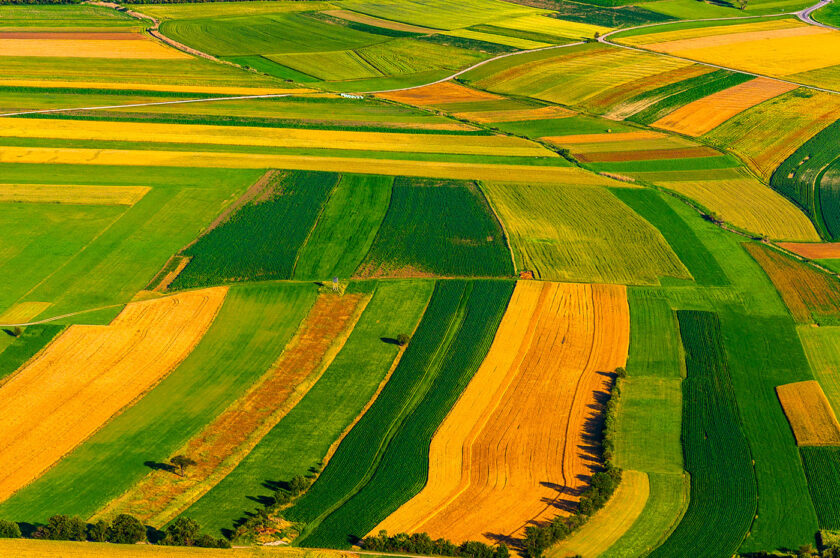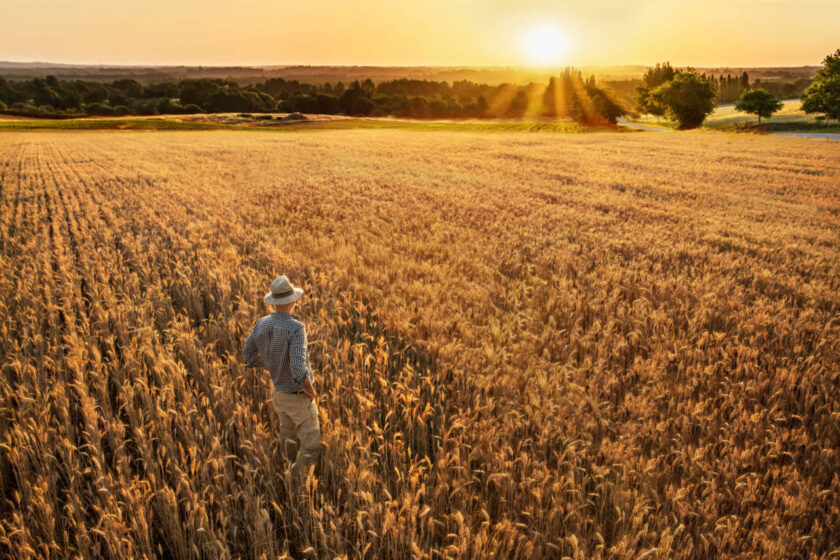To confirm this, until 70-80 years ago, crop rotations were the most rational strategy to minimize the presence of parasites, pathogens and weeds. Furthermore, each crop has its own different relationship with the soil. Corn and wheat are different from a legume such as alfalfa, while rapeseed and sugar beet have different effects compared to the previous ones.
In subsistence agriculture , i.e. that which primarily fed rural families themselves, it was therefore necessary to have a bit of everything, either to eat or to exchange. Then came crop specialization, also due to the abandonment of the countryside after the Second World War. Machines and equipment therefore multiplied, together with agrochemicals and fertilizers , and every area of the Bel Paese was oriented towards cultivating above all what was best suited to it.
 Higher CO2 levels make plants less nutritious and hurt insect populations
Higher CO2 levels make plants less nutritious and hurt insect populations
Rotations yes, but with brains
From this perspective, the area straddling the Po is heavily livestock-producing, so corn and a few other fodder crops reign supreme. On the central Italian hills the main rotation is wheat-sunflower, while in Puglia this second crop is replaced by the industrial tomato. Furthermore, those who grow rice certainly cannot imagine particularly long rotations, also because if the three queen provinces, Vercelli, Novara and Pavia, dedicated too many hectares to rotations, goodbye to a good part of Italian rice. Because rice, like the idea or not, can practically only be grown there, with rare exceptions.

The European Union does not seem to have thought about these aspects and, in accordance with the infamous "Farm2Fork" objectives, from 2024 onwards it will link CAP contributions to the adoption of relatively long and complex rotations . It's a shame that crops don't perform well everywhere, just as certain production flows mostly depend on a specific crop, as happens with livestock farming with corn. Furthermore, by complying with community requests, cereal growers who have supply chain contracts for durum wheat risk having to tell their customers that they can no longer give them the agreed amount, since half the company will have to dedicate it to other crops that have nothing to do with cereals. .

This is unless you give up Pac contributions , of course . A renunciation which, however, would be a real suicide for the majority of Italian companies, made over time increasingly dependent on public subsidies which, if you think about it badly, seem to have been conceived above all for the purpose of imposing on farmers what they like most. to European and national politics. Whether this makes sense or not, it doesn't matter.















